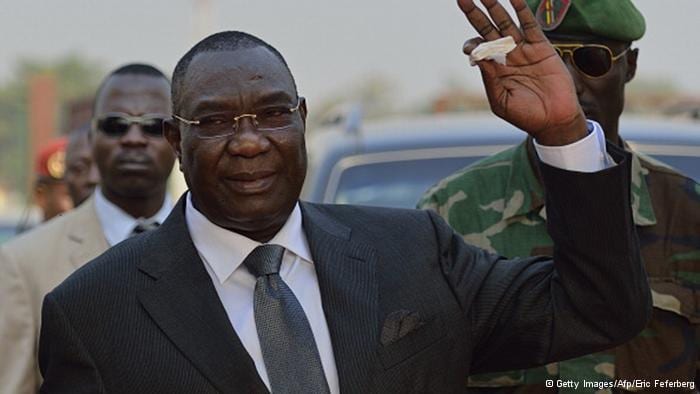
Note: I have noticed that much of the commentary and academic literature on public diplomacy tends to focus on the leadership, structure, funding, and theory of public diplomacy, with much less attention on the actual conduct of activities and programs in the field. In an effort to help redress that imbalance, I hope this will be the first of a series of blog posts that highlight current or recent U.S. public diplomacy efforts around the world.
The ongoing crisis in the Central African Republic (CAR) has attracted little attention in Washington over the last several weeks. The news last week that the CAR president agreed to resign has sparked hopes for a possible peaceful resolution to a situation that has already claimed a thousand lives in the last month alone and displaced almost a million people from their homes.
The African Union and France have led efforts to stabilize the situation and broker a solution and senior U.S. officials, including Ambassador to the United Nations Samantha Power and Assistant Secretary for African Affairs Linda Thomas-Greenfield, visited last month and pledged U.S. support as well.
In addition to our traditional diplomatic efforts, we have also brought public diplomacy efforts to bear on the problem. Some have been concerned that the conflict could exacerbate tensions between the majority Christian and minority Muslim populations, as well as other groups. With a view towards promoting dialogue and connecting religious leaders with their American counterparts, the U.S. Department of State, led by U.S. Special Envoy to the Organization of Islamic Cooperation, Rashad Hussain, hosted an interreligious dialogue last week on the crisis that included the Archbishop of Bangui, the President of the National Islamic Association, the President of the Evangelical Association, and the Mayor of Bangui.
According to a U.S. Department of State press release, “The religious leaders from CAR described their efforts to end the ongoing violence and promote peace, thanked the United States for its assistance and efforts, and called for further international humanitarian and security assistance in CAR. The panelists from the United States praised the religious leaders in CAR for their efforts to promote religious tolerance and reconciliation, noted examples of successful interfaith cooperation in the United States, and proposed further collaboration with their counterparts. Both sides agreed to continue the discussion further, to work together to increase education and training on reconciliation and peacebuilding and to seek opportunities to support the travel of religious leaders to CAR to support peace and inter-religious cooperation.”
As always, it is difficult to measure the value of such public diplomacy efforts, but I think there is little doubt that these are exactly the type of people-to-people contacts that can help defuse tensions and contribute to a long-term resolution of the conflict. U.S. Special Envoy Hussain, the Department’s Bureau of African Affairs, and the U.S. Embassy in Bangui should be commended for their efforts in this regard.
The views expressed in this blog are those of the author and do not necessarily reflect those of the State Department or the U.S. government. The author is a State Department officer specializing in public diplomacy, currently detailed to the IPDGC to teach and work on various Institute projects.

